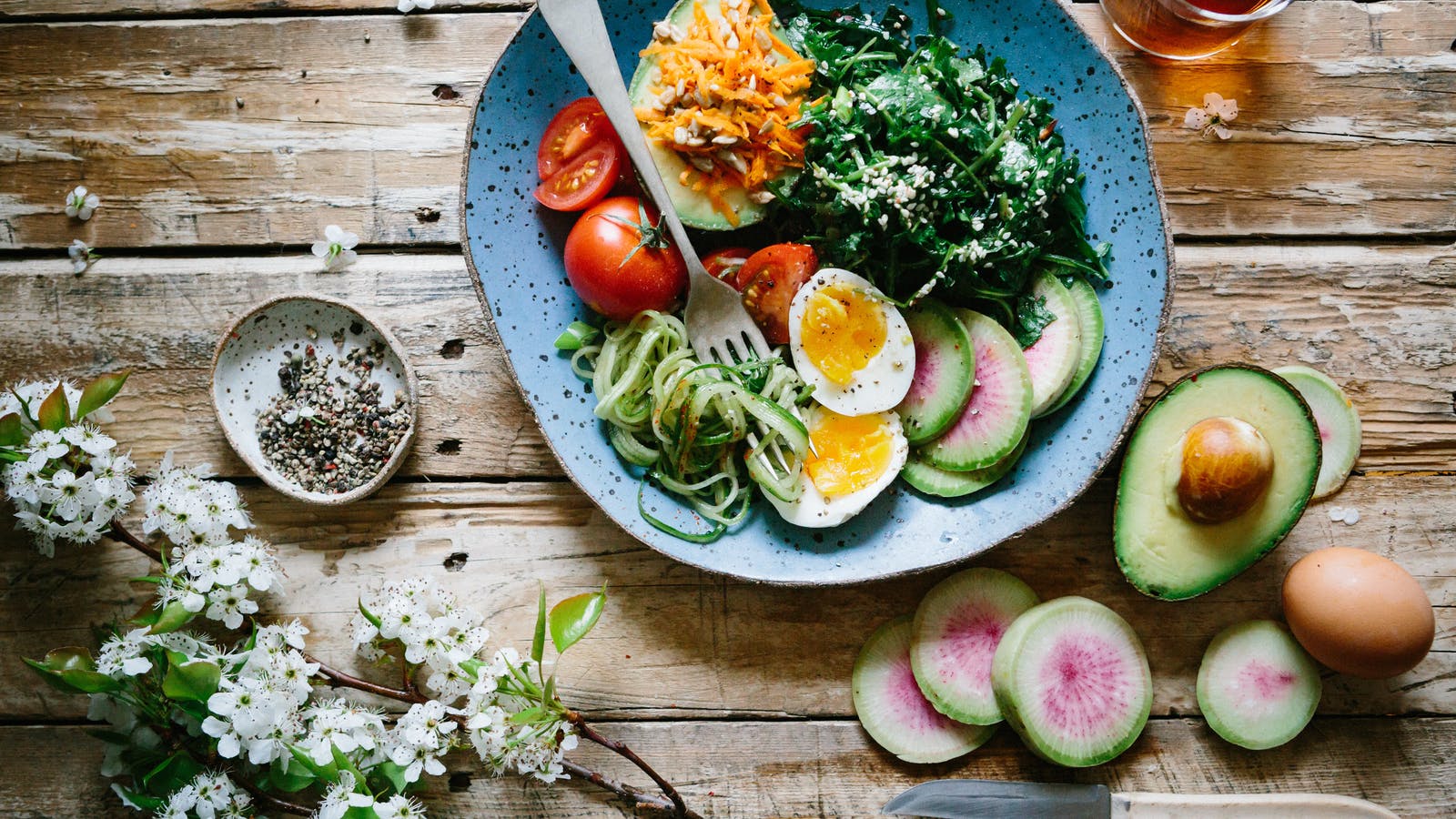It was long thought that weight loss simply involved reducing calories in and increasing calories out. Common sense… which requires nuance. There must of course be a certain balance between what we consume and what we spend, and it is interesting to know what our average energy needs and expenditure are over the course of a day.
However, it also seems clear that not all calories have the same effect on your body and that consuming 100 calories of broccoli and 100 calories of sugar will not have the same consequences on your weight and health.
Here are the main reasons:
The amount of calories in a food does not necessarily equal the amount of calories you absorb from eating that food.
What determines the ability of calories to be absorbed by our body?
- The degree of transformation of the food ingested . We absorb fewer calories from minimally processed foods because they are richer in fiber and therefore more difficult to digest. The transformation amounts to pre-digestion; some of the work is already done for you. For example, you will absorb more calories from eating almond butter (99%) than from eating the same amount of almonds (75%).
- Furthermore, certain forms of cooking can modify the energy absorbed. Cooling and reheating certain starches increases their resistant starch content and thus reduces their caloric intake.
- Finally, each person's microbiota also influences their ability to absorb energy, with differences of more than 10% between individuals.
The type of food you eat influences your appetite and your ability to store calories as fat throughout the day.
Unlike raw foods, the consumption of sugar and refined grains or ultra-processed foods which are poor in nutrients and rich in hidden sugars causes an immediate spike in blood sugar levels which has several consequences:
- A sudden energy spike
- The release of a hormone called insulin which will store the surplus energy not spent for future needs, first in the liver, then in the muscles (provided you have sufficient muscle mass), then in the form of fat !
- A strong feeling of fatigue and a compulsive need for “sweets” to remedy it, and the vicious circle begins.
Furthermore, over time, your brain becomes resistant to leptin, the satiety hormone, and thinks that you are constantly hungry. It therefore pushes you to consume more sugar and fuels your addiction.
The type of food you eat influences the number of calories you burn during the day
Ingesting, digesting and absorbing your food requires energy. This energy expenditure is known as thermogenesis, and represents 5 to 10% of the calories you burn daily. But here again, there are differences depending on the foods ingested:
- Each macronutrient generates a different expenditure. For example, proteins produce a much higher expenditure than fats or carbohydrates.
- The degree of processing of the food ingested also has an impact. At equal calories and macronutrients, the digestion and absorption of unprocessed foods burns more energy than that of processed foods (as we have seen, they are "predigested"; your body does not need to expend energy). energy to do it).
On average, it takes twice as much energy to digest real food as processed food. This difference allows you to burn an additional 80 to 100 calories per day without any effort.
Finally, be aware that there are other factors involved in your fat gain or loss through their influence on basic metabolism, such as hormonal imbalances, the type of physical activity practiced, lack of sleep or even stress. .

